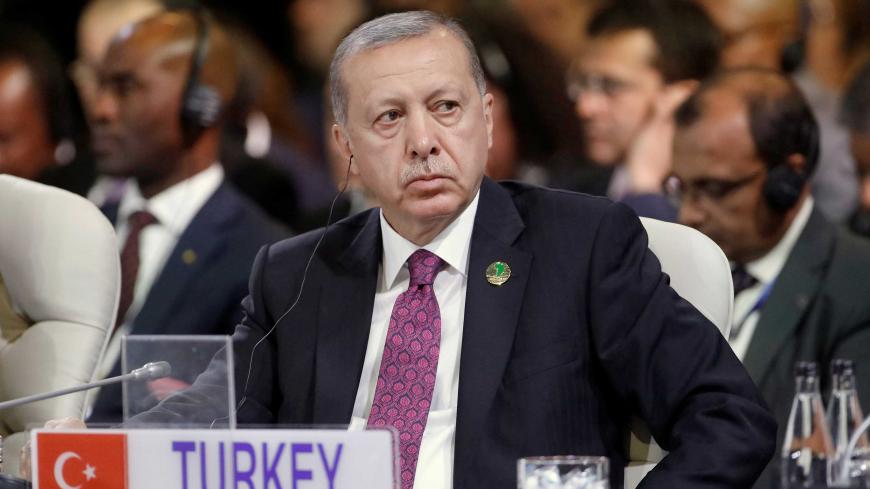Since the June 24 elections, Turkey’s rulers have been trying to squeeze the nation into the clothes of a one-man regime. This outfit was sewn by the Justice and Development Party (AKP) over its 16 years in power, partly in tandem with Fethullah Gulen’s religious community, which the AKP now labels a terrorist group. Given Turkey’s advanced level of integration with the globalized economic order, this new political garment has spawned a big question about the fate of the already ailing Turkish economy. Can the financial system carry on within the confines of this attire? Will domestic and foreign economic actors be able to adapt and acquiesce to it?
Made of conservative, Sunni Islamic cloth, the new outfit is tailored for a governance style that subordinates the legislative and the judicial branches almost exclusively to a single person — the president. The arrangement — officially called the presidential government system and narrowly approved in a controversial referendum in April 2017 — took effect after the June 24 elections, in which President Recep Tayyip Erdogan won re-election.



